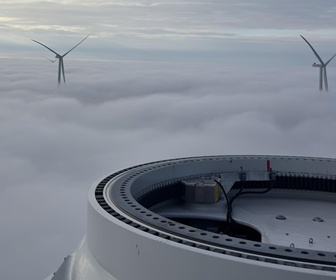Several large-scale clean energy and manufacturing projects were cancelled, closed, or scaled back in September, signalling ongoing challenges for the sector. Private-sector setbacks affected multiple battery, storage, and electric vehicle factories across Kansas, Michigan, North Carolina, and Tennessee.
The cancellations cost nearly $1.6 billion in September alone, bringing the total for 2025 to over $24 billion, according to E2’s latest monthly analysis of clean energy projects tracked by E2 and the Clean Economy Tracker. Approximately 3,000 jobs were lost last month, raising the year-to-date total of abandoned project jobs to nearly 21,000. The U.S. Department of Energy also cancelled almost $8 billion for over 200 projects nationwide that are not tracked in private-sector analyses.
Republican districts have been hit hardest by private-sector cancellations, losing more than $12.4 billion in investments that would have created nearly 15,000 jobs. Democratic districts have lost over $7.5 billion and 5,000 jobs from similar private-sector setbacks.
Major automakers scaled back electric vehicle production, driving last month’s cancellations. General Motors downsized two production lines in Tennessee and Kansas, affecting 1,600 workers. Sodium-ion battery startup Natron Energy ended operations, closing a $40 million facility in Michigan that employed 150 workers and cancelling plans for a $1.4 billion factory in North Carolina that would have employed 1,000 workers.
Despite the challenges, September saw more than $542 million in new investments for electric vehicle and solar parts manufacturing facilities, as well as grid infrastructure to support expanding AI data centres. These projects are expected to create roughly 985 permanent jobs.
Since federal clean energy tax credits were enacted in August 2022, 415 major projects have been announced across 42 states and Puerto Rico, with planned investments of nearly $135 billion and 125,000 permanent jobs. Overall, 65 announced or operational projects have been cancelled, closed, or scaled back since 2022, including 42 in 2025 alone, affecting more than 30,000 jobs and nearly $27 billion in investments.










